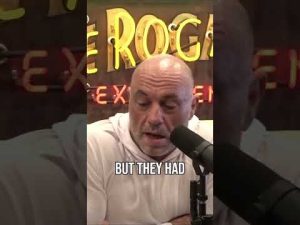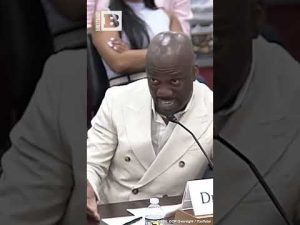In the vast urban jungle of New York City, it seems there’s a new political predator on the prowl. Beware, residents, because here comes Zoran Mamdani, who some might suggest brings with him the red menace of days past. Yes, folks, they’re talking about communism, or at least something leaning in that ideological direction. And where better for such radical ideas to find a home than in the Big Apple?
Mamdani is no stranger to controversy, and if his plans were to come to fruition, conservatives argue, city streets could become even more unpredictable. One of his more radical ideas involves defunding the police and employing so-called “gun violence interrupters.” Now, isn’t that a comforting thought? Just wait until these interrupters jump out and offer a stern talk in place of law enforcement. The more sarcastic among us might suggest that this kind of plan might work in a utopia, just not in Manhattan.
Lest anyone believes that Mamdani is a fan of the capitalist system that has powered the nation for centuries, think again. He openly critiques capitalism and labels himself a democratic socialist. His economic vision, invoking the words of Martin Luther King Jr., proposes a redistribution of wealth. While King had a noble vision for equality, one wonders if Mamdani’s interpretation stretches that ideal beyond its practical limits. A so-called better distribution of wealth, he says. But one can’t help but wonder whether the people footing the tax bill would agree.
Then there’s his housing plan, apparently designed in some folks’ eyes, to ensure that those residing in “whiter” neighborhoods contribute a little more than everyone else. Some critics of Mamdani’s approach argue this sounds like an outright attempt to penalize success and redistribute based on racial and economic lines. Challenge that notion, and defenders might say it’s addressing inequality. However, the perception it leaves is one of selective targeting, which many see as problematic.
Solving these complex issues with ideas that almost parody themselves is another aspect of Mamdani’s political journey. Leaders in the city who have walked down this path might find themselves trying to justify why they need off-duty NYPD officers for protection while promoting a vision of reduced policing force. It brings to mind the lasting image of New York’s subway as a real melting pot where real New Yorkers just want to feel safe. Whatever the strategy, one always has to question, should Madison Avenue be filled with more diversions or genuine solutions? In the end, as they say in showbiz, the crowd might just want some old-fashioned law and order to keep the peace.







